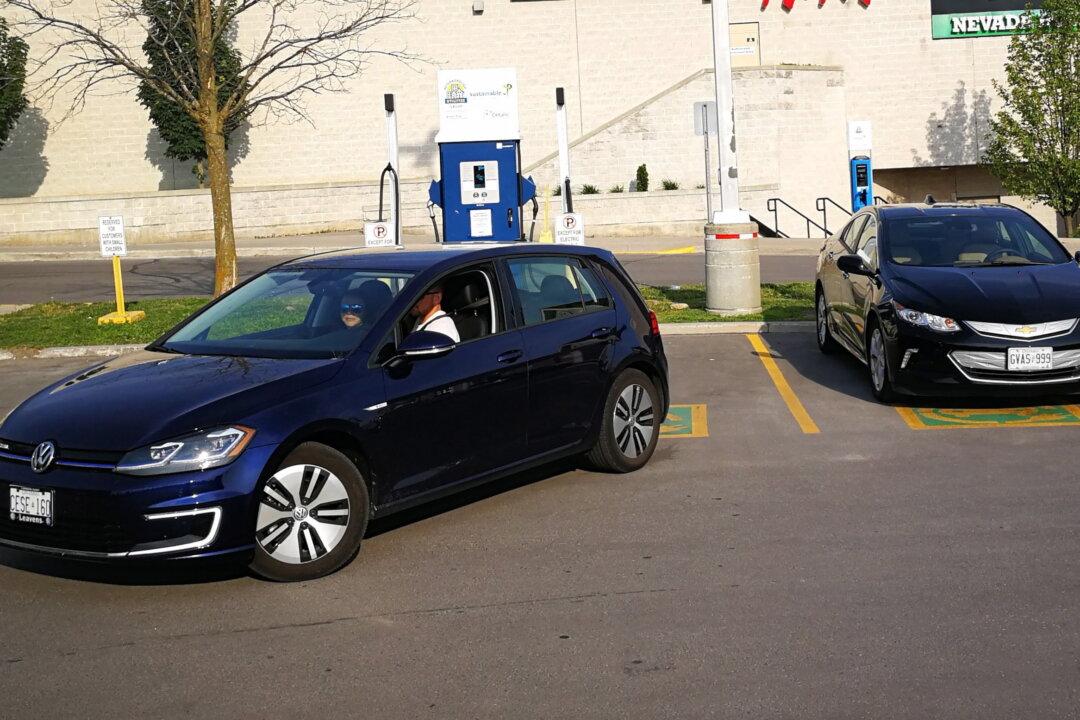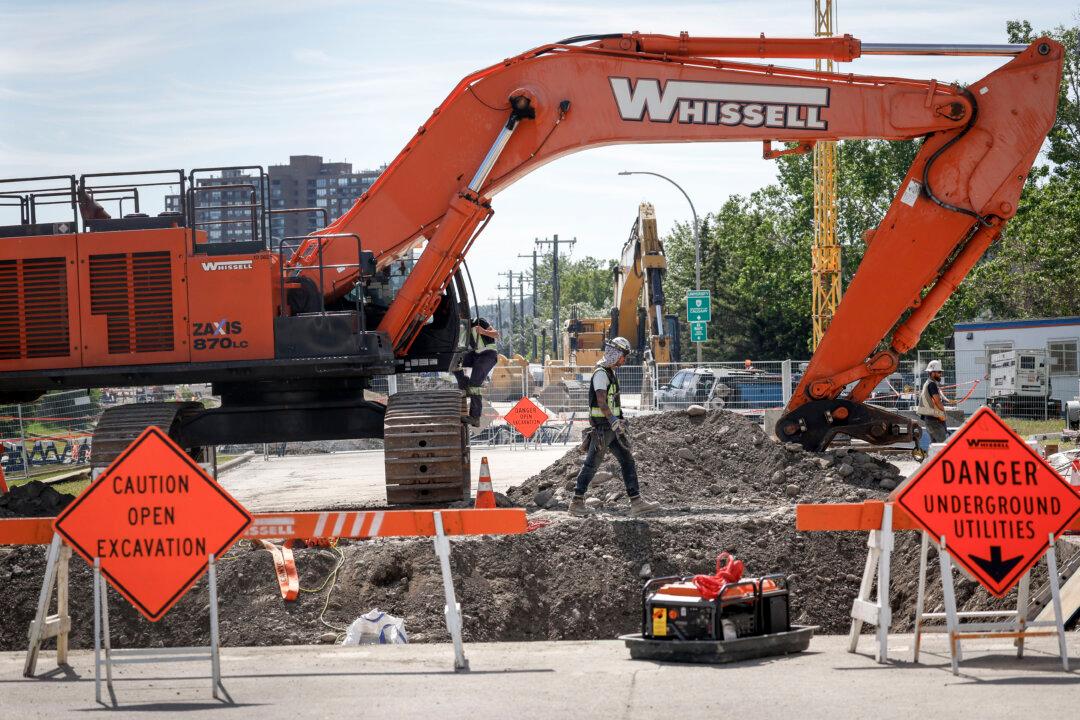Federal and provincial governments will be spending $5.8 billion more than expected on electric vehicle battery plants, according to a report from the Parliamentary Budget Office (PBO).
The federal government announced $13.2 billion in subsidies for Volkswagen’s plant project in April. In July, a joint announcement between the federal government and Ontario said Stellantis-LG Energy Solution will receive $15 billion in subsidies to build an EV battery plant. A recent announcement by the federal government and Quebec said that Northvolt could receive a subsidy of up to $4.6 billion to build an EV battery plant in that province.





